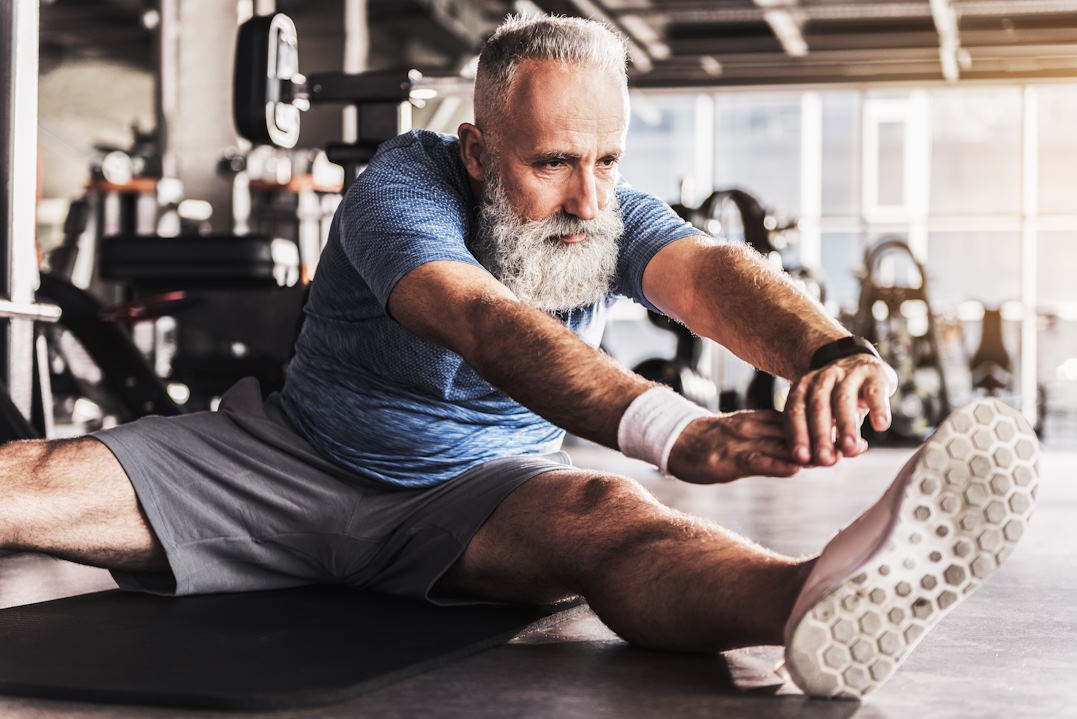As we navigate the complexities of modern living, the importance of understanding how our choices influence our health cannot be overstated. From the beating heart of cardiovascular health to the resilient fortification of the immune system, the narrative weaves together the various threads that make sports a powerful tapestry for an extended and more fulfilling existence.
Mental Health and Longevity: A Holistic Approach to Well-Being
In our relentless pursuit of longevity, nurturing mental health emerges as an integral component. The intricate dance between regular exercise and mental well-being is perhaps most evident in the realm of stress reduction. Engaging in sports not only offers an outlet for physical energy but also acts as a potent stress-buster. Scientifically, this is linked to the impact of physical activity on cortisol levels—the infamous stress hormone. Through regular participation in sports, cortisol levels are regulated, promoting a balanced and resilient response to life’s challenges. Consequently, this doesn’t merely translate into a momentary reprieve but contributes significantly to the long-term alleviation of mental health issues, such as anxiety and depression.
The cognitive benefits of sports extend the narrative beyond stress reduction, offering a safeguard against neurodegenerative diseases like Alzheimer’s. As we lace up our sneakers and embrace physical activities, the brain receives a substantial boost. Enhanced brain function and cognitive abilities become the hallmark of an active lifestyle. Studies suggest that individuals engaged in regular physical activity exhibit a reduced risk of cognitive decline, providing a shield against the onset of neurodegenerative conditions. In this symphony of mental well-being and longevity, sports play a harmonious tune, echoing the sentiment that a sound mind indeed resides in a healthy body.

Immune System Boost: Fortifying Health through Physical Activity
As we navigate the complexities of health and longevity, the role of a robust immune system takes center stage. Regular exercise, particularly through sports, forms a formidable alliance with our immune defenses. The link between physical activity and a strengthened immune system is both intricate and profound. Engaging in sports has been shown to enhance the production and circulation of white blood cells, crucial soldiers in our body’s defense against infections. This immune-boosting effect becomes a shield, reducing susceptibility to a myriad of illnesses.
In the realm of immune resilience, the benefits extend beyond prevention, venturing into the realm of expedited recovery. Those who actively participate in sports often experience quicker recuperation from illnesses. The improved immune response, a result of regular physical activity, not only helps in warding off infections but also accelerates the healing process when the body does succumb to illness. This dual action—strengthening the fortress against potential invaders and hastening recovery in times of vulnerability—underscores the profound impact sports can have on our immune system, laying the foundation for a resilient and enduring state of health. In the symphony of well-being, sports play a harmonious note, resonating as a key player in the orchestra of a robust immune response.

Social Aspects of Sports: Weaving Longevity through Community Bonds
In the vibrant tapestry of sports, the threads of community engagement and social connections intertwine to form a powerful narrative of longevity. Beyond the physical prowess and health benefits, the social dimension of sports contributes significantly to mental well-being and overall life satisfaction. Participating in sports often means becoming part of a community, fostering a sense of belonging and camaraderie that transcends the boundaries of the playing field. This sense of connection influences mental well-being, providing emotional support and enhancing the overall quality of life.
Moreover, the impact of social support networks on longevity cannot be understated. Engaging in sports creates avenues for building meaningful relationships, which, in turn, act as a buffer against the stresses of life. Research consistently highlights the positive correlation between robust social connections and increased life expectancy. Whether it’s the encouragement from teammates, the shared victories, or the collective pursuit of fitness goals, the social fabric of sports knits together a narrative that echoes the profound truth—community engagement isn’t just a byproduct of sports; it’s a cornerstone for a longer and more fulfilling life. In the game of longevity, the social aspects of sports emerge as a winning strategy, promoting not just individual health but the enduring strength of communal bonds.










